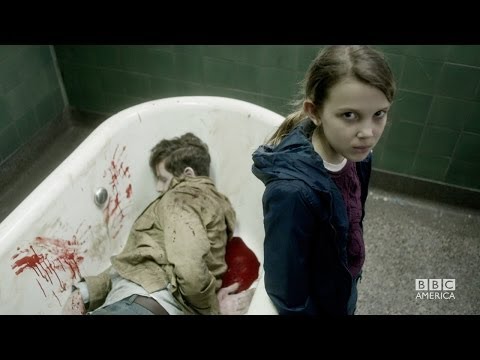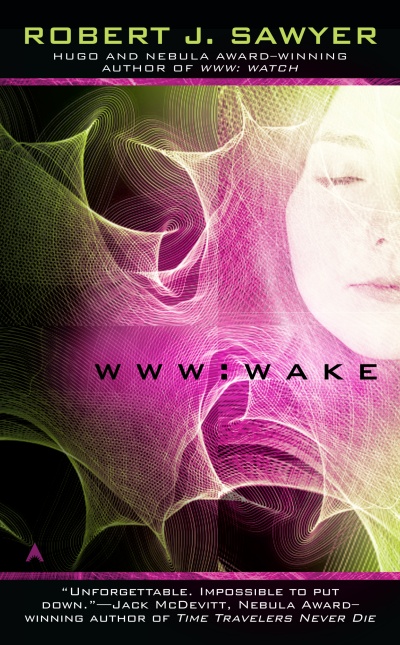
Why did anyone keep watching “The Office” after Andy Bernard was put in charge of Dunder-Mifflin’s Scranton Office? Hmmm, confusing …
I’m so glad NBC canceled Revolution.
Seems like an odd thing to say, since, particularly after the first season of the science-fiction-dystopian-future show, I was pretty high on it. I liked the cast (particularly Elizabeth Mitchell and Billy Burke), I thought the post-electrical future resulting in a fractured United States was a great idea, and I thought it skewed it a bit darker than most network fare.
In season two, however, Revolution started to get all mystical. The re-assembling of the United States, the attempt to procure electrical power hence guaranteeing political and military power, the hard relationships and uneasy alliances that came with all of this, that wasn’t enough. No, we needed nano-bots with a God complex.
Then, as the old spiritual says, the walls came a-tumbling down. Revolution got dumber and dumber, the cast kept expanding and splitting off from each other, and it got to the point where it was hard to remember who was fighting who or who was friends with who, and precisely why.
Would I have given it up heading into season three? Who knows …
Some shows go years before this sort of disintegration begins. Take The Office. The wheels started to come off in season six, season eight was absolutely awful, and the final season made me want to punch someone in the face. Were we really supposed to believe, after eight seasons spent getting them together, that Jim and Pam were going to break up? Really? Do we look that stupid? It was a horrible plot line, it was a predictable plot line and it was an unbelievably annoying plot line. And it was poorly executed, as if the people who made the show didn’t even believe in it. My wife and I certainly didn’t because, after having watched the entire series, we chose to forgo watching the final two episodes. I don’t know how it ends, nor do I care. The money train has to stop at some point, and with The Office, it should have been shut down at least two seasons earlier.
Sometimes, a show can turn it around. True Blood is one example. It’s a show with a high camp factor, as well as a terrific group of core characters led by Sookie Stackhouse (Anna Paquin). And in the early seasons, when everything really revolved around Sookie Stackhouse and her close group of pals, True Blood worked. But particularly in season five (although it crept in even earlier), True Blood started making the mistake too many shows make. It got away from Sookie and started creating story lines for more and more secondary characters. Why? I don’t know, probably to keep the actors happy by featuring them more, as it certainly didn’t help the quality of the show. I don’t care what hot piece of tail Sam Merlotte or Jason Stackhouse is banging this week if it’s just to give those characters something to do. I don’t care about Eric Northman’s relationship with his “sister,” because the more he’s interacting with her, the less he’s interacting with Sookie. The Northman-Sookie back-and-forth is one aspect True Blood had going for it, which it pretty much abandoned. I don’t care about Lafayette’s shaman boyfriend, the marriage of Arlene and Terry or anything Alcide has going on with the werewolves. It’s all just a distraction, something that sucked time away from the story of Sookie Stackhouse, which is what drew me to the show in the first place.
In season six, though, it seemed as if the minds behind True Blood started to realize this. The vampires were slowly drawn back together. The werewolf and shifter plot lines were snuffed out. Terry’s dead. The core group was re-assembled. Sookie again became the center of the True Blood universe.
And that gives me hope for the final season, which I have yet to see. Hopefully, True Blood didn’t blow it. But I won’t believe it until I see it with my own eyes.





